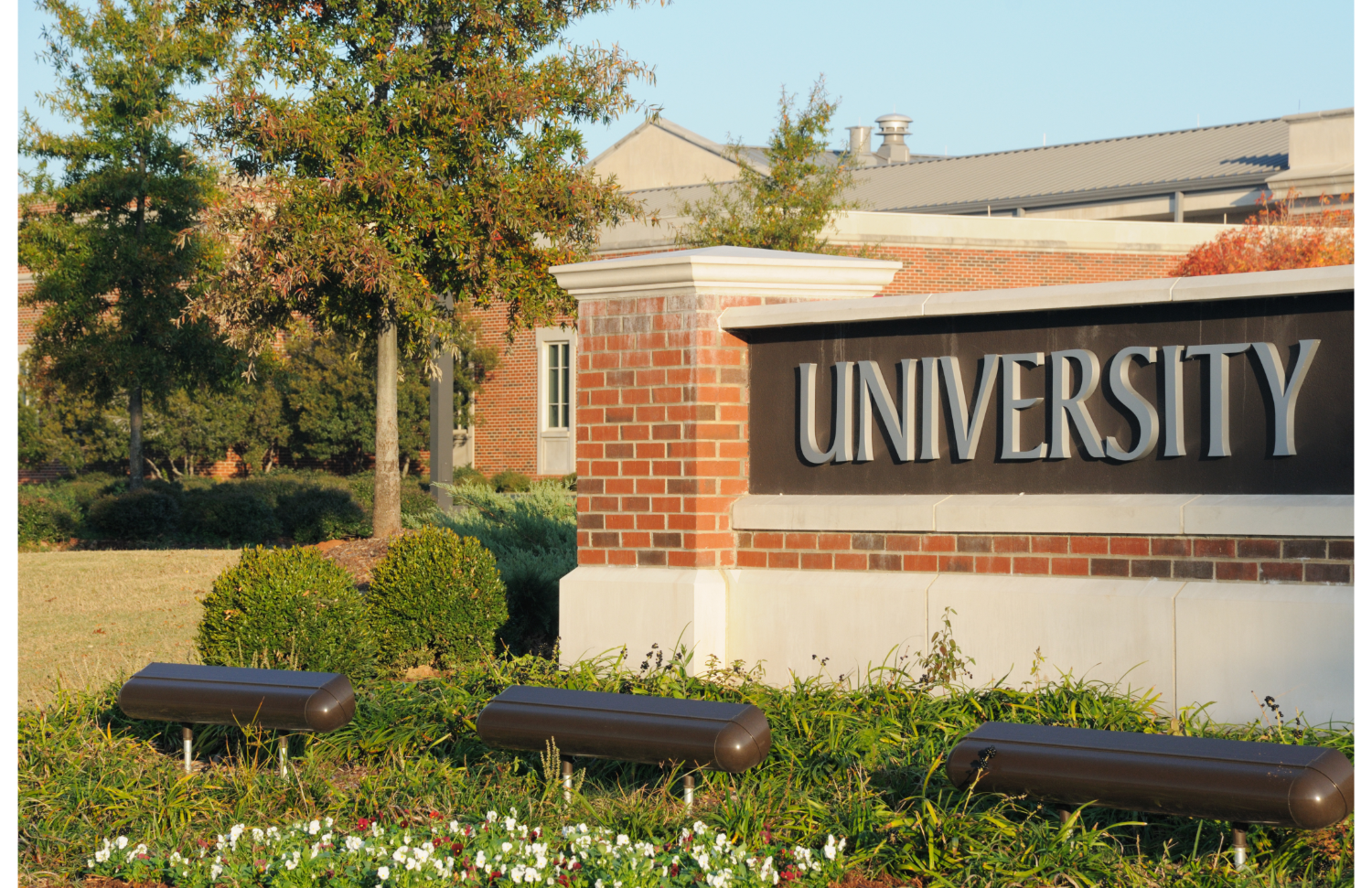Masinde Muliro University of Science and Technology is grappling with operational challenges due to the government’s delayed release of capitation for first-year students. Professor Solomon Shibairo, the Vice Chancellor, has voiced these issues, emphasizing the need for a necessary adjustment in their budget to accommodate an influx of new students.
In an effort to alleviate financial strain, the university actively leverages technology, streamlining operations and reducing staff numbers through natural attrition. Professor Shibairo articulates this approach, stating, “We embrace technology for minimal staffing adjustments; specifically, we reduce our workforce through natural attrition.” For instance, upon the retirement of three staff members, the university initiates a replacement process for one among them. Moreover, concerning part-time staff, the university ensures their remuneration once delayed funds have been received.
The delay in receiving capitation funds has compelled Masinde Muliro University to critically assess its development programs. Consequently, they have staggered the implementation of initiatives, a strategic measure to prevent an impending financial crisis. Notwithstanding these challenges, steadfast commitment defines their ethos towards providing quality education.
The university’s limited on-campus housing capacity, accommodating only 2,800 students, presents an additional challenge. Approximately 20,000 students must secure lodging outside the institution. Professor Shibairo revealed continuous collaboration between him, the students, and landlords to set minimum standards for off-campus residences. These standards include provisions ensuring not only clean water and electricity but also enhancing security measures.
Proactively addressing the accommodation issue, the university has secured land for a 10,000-unit affordable housing project—an initiative to prioritize student welfare. Furthering this commitment and pioneering in strategic agreements, investors from Dubai specializing in modeling and offsite construction aim to construct a Sh1 billion student center, thereby alleviating the prevailing housing shortage.
Departing from the traditional zero-balance policy, Masinde Muliro University implements a strategy where final year students can graduate irrespective of outstanding fees. A student’s graduation facilitates an unimpeded transition into employment within market industries; thus, ensuring continuous financial inflow without interrupting their studies,” elucidates Professor Shibairo.
Particularly significant against the challenging economic backdrop, this change offers a pragmatic solution for expediting students’ entry into the job market. Students have warmly welcomed the decision, valuing and commending their university’s flexibility in acknowledging their collective economic hardships.
Dennis Wanguche, a Bachelor of Education student, commended the decision and recounted his personal struggle with an outstanding fee balance dating back to 2018. He articulated relief – “Life hasn’t been easy as I’ve missed out on numerous job opportunities due to my lack of certification. However, this decision promises improvement for most students: they can work while simultaneously clearing their balances before document collection is possible.”




